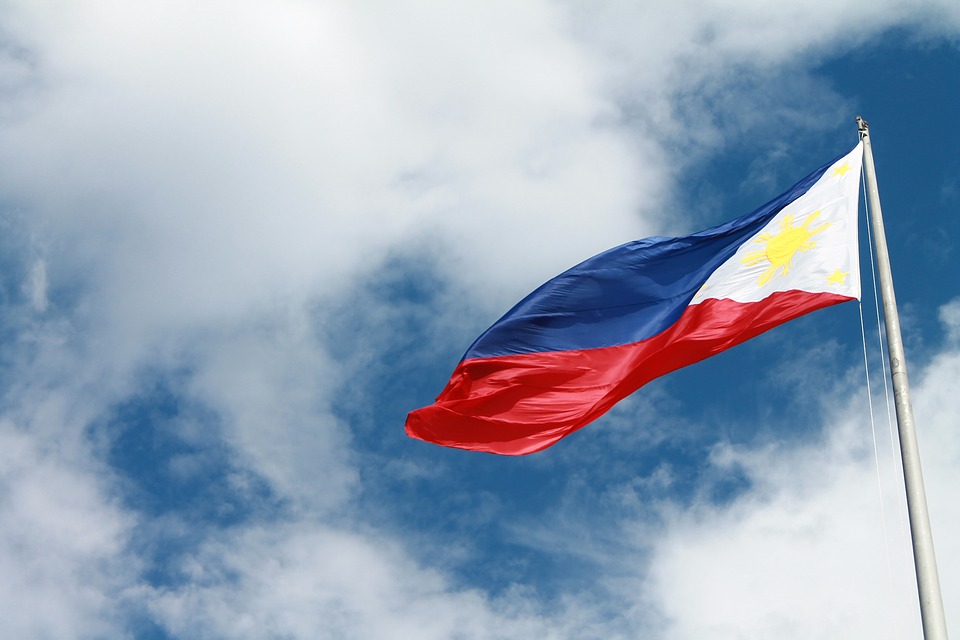
May 11, 2016, by Editor
Top 5 Things to Expect of a Duterte Presidency
Written by Vladimir Guevarra.
Rodrigo Duterte’s presidency is upon us. The stance of the tough-talking mayor of Davao city on crime and corruption is pretty clear, but his policies on the economy are less so. Here’s the outlook for the Philippines under Duterte over the next six years:
#1 On Society – Expect more discipline
Right after Duterte’s mammoth miting de avance at the Quirino Grandstand, social media was gushing over how hundreds of thousands of supporters picked up their trash and left the park clean and orderly – something nearly unheard of in the Philippines. You can call it the “Davao effect”– in which people became more conscious about their conduct in public. Already, Duterte is proposing restrictions on the sale of liquor as well as a curfew past 10p.m. for minors.
The President-in-waiting will treat the Philippines as a bigger, archipelagic version of his city of Davao. Therefore, expect more of such tough ordinances all over the country.
My take: Many would oppose these ordinances initially but most would learn to accept them if they makes cities and urban communities safer.
#2 On Politics – Expect more devolution, less revolution
The mayor has said he would press for a Parliamentary form of government, instead of the current Presidential system. In theory, this would create more autonomous constituencies, where local officials would have increased responsibility over their budgets and methods of governance. This is a departure from the current system, which is seen as too Manila-centric.
Duterte is also keen to restart peace talks with rebel groups. Depending on how earnest the opposing sides are, these talks could mean not just a short-term ceasefire but could lead to a medium- to long-term cessation of hostilities.
My take: The form of government isn’t as crucial as the class of people who are in government. If those in power are still the same elite landed families anyway, is there any real change in having a Parliament instead of a Congress or Senate?
Duterte’s background as a member of the leftist Kabataang Makabayan (Patriotic Youth) in his younger days and his frequent assistance in the release of combatant prisoners of war from the New People’s Army (NPA) lends credence to the impression that he appreciates of the cause of rebellion and is – so far – less likely to use force to crush it.
#3 On Crime and Corruption – Expect high-profile executions
Duterte has been linked to the infamous Davao death squads that have killed over 1,000 people – presumably criminals – in his hometown during his tenure as mayor. There is likelihood that the death penalty would be reinstated, and Duterte will use the death sentence on high-profile criminals to instill fear among incorrigible gangsters and corrupt officials in the country. In this style, Duterte would be sending a chilling message: “I’ve killed many before, I’ll do it again. I’m the biggest gangster of all.”
My take: Whatever its sentence is on heinous crimes, the Philippines needs a strong criminal justice system. Not a death-squad system.
But lo! There have been reports about how he seemed to dodge questions about the transaction history of his many bank accounts. Duterte needs to clarify this once and for all, or he risks being called a hypocrite.
#4 On the Economy – More of the same
During his campaign, Duterte wasn’t clear on what he plans for the economy. He plans to end labour contractualization, or the practice of short-term hiring without providing benefits. But apart from that, there is little else to work on.
He flip-flopped on his policy on land reform. This uncertainty and lack of clarity is worrying foreign and local investors.
My take: Until Duterte appoints members to his new economic team, the assumption should be that he’ll carry on where Aquino has left off. In recent years, the country’s GDP has been growing at a clip of around 6% per year. In a perverse manner, the Philippine economy is to a large extent being propped up by the money sent home by millions of overseas Filipino workers who can’t find decent jobs in their homeland. That remains the same no matter who becomes President.
#5 Threats to the President
Various elite power groups will attempt to unseat President Duterte.
While fashioning himself as a Leftist President, Duterte will catch the ire of fanatic Cold War-era rightist-militarists who may launch a junta or a coup d’état to “save” the country from communism and to “bring back” US-style democracy.
If he presses for land distribution to tenant-farmers, the President-in-waiting will be up against the powerful hacendero families of the Philippines, who also make up a huge section of Congress and the Senate. These rich landowners and sugar barons will fight tooth and nail to keep their landholdings and wield power over millions of poor farming families in the countryside.
My take: Populist and unwieldy, Duterte will be known as a left-of-center President. At the minimum, he will be able to reduce crime rates and inspire some level of order and discipline among Filipinos. But these are unsustainable unless he addresses the root causes of poverty. The country needs an all-encompassing land reform program, coupled with domestic industrialization, to create a more sustainable and growing economy not just for the few elite but for the millions who are poor.
Vladimir Guevarra was born in the Philippines and currently works in banking in Singapore, having studied economics at the University of the Philippines. He is a former reporter of the Wall Street Journal and Dow Jones Newswires in Singapore and London. Image credit: CC by Pixabay
No comments yet, fill out a comment to be the first

Leave a Reply